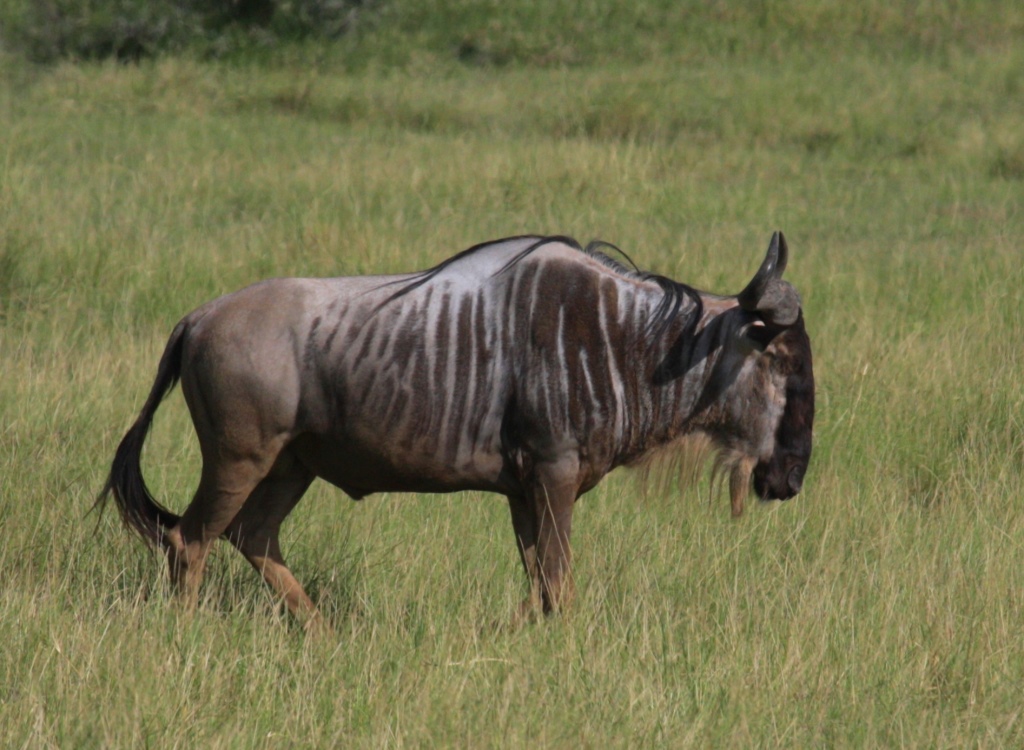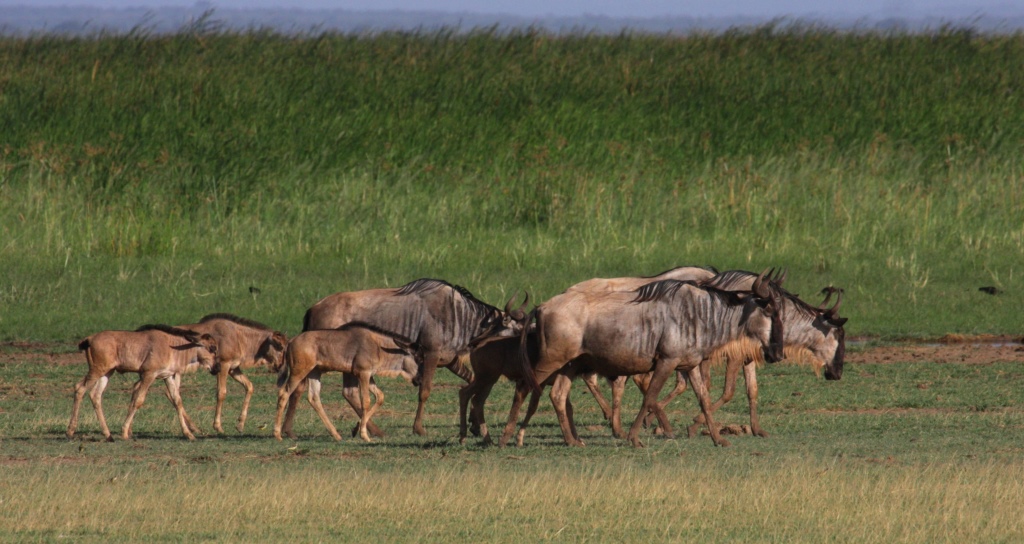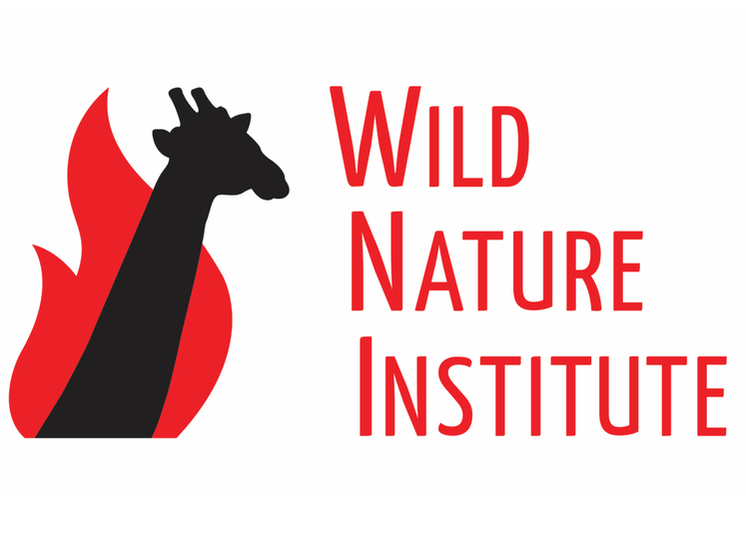|
We just returned from 4 days in the field, helping to count and collect identification photographs of resident Eastern White-bearded Wildebeests (also known as "gnus") on the plains around Lake Manyara. Like giraffes, wildebeests have unique fur patterns which enable scientists to identify individuals and determine adult survival and reproduction. While giraffes have a spot pattern, wildebeests have stripes. A computer program called WildID developed at Dartmouth College is used to match the photographs (it would take a very long time for a human to match the thousands of photographs from these surveys). The ultimate goal of this demographic research is to estimate population size, determine population trends, and assess where wildebeests and doing well and where they are not doing well - and why. While there is a small resident population around Lake Manyara, most wildebeests are highly migratory, moving from the Tarangire River during the dry season to the fertile grasslands outside the National Parks where they spend the wet seasons. In fact, the Tarangire-Manyara-Natron Ecosystem once hosted the second-largest migratory population of wildebeests after the Serengeti. Aerial surveys conducted by the Tanzanian Wildlife Research Institute (TAWIRI) over the past several decades revealed troubling news for the gnus in this region -- numbers plummeted from approximately 40,000 animals in 1988 to just 6,000 in 2001. Much of the problem stems from the loss of up to 10 migratory corridors (only 2 remain) and excessive bushmeat poaching along the remaining migration routes. The Wild Nature Institute has been promoting land-use planning and anti-poaching patrols to preserve the Northern Plains migratory corridor - which in the future may be the only remaining viable migratory corridor not only for wildebeests but for zebras, gazelles, elands, and oryx. Time is of the essence. We thank all of our donors for helping us to ensure a future for Eastern White-bearded Wildebeests and other hoofed mammals of the magnificent Tarangire Ecosystem.
0 Comments
Your comment will be posted after it is approved.
Leave a Reply. |
Science News and Updates From the Field from Wild Nature Institute.
All Photos on This Blog are Available as Frame-worthy Prints to Thank Our Generous Donors.
Email Us for Details of this Offer. Archives
July 2024
|
|
Mailing Address:
Wild Nature Institute PO Box 44 Weaverville, NC 28787 Phone: +1 415 763 0348 Email: [email protected] |
|



 RSS Feed
RSS Feed
